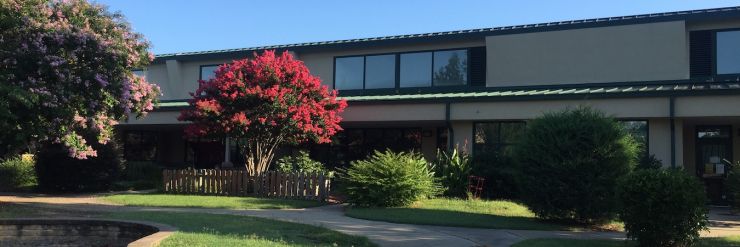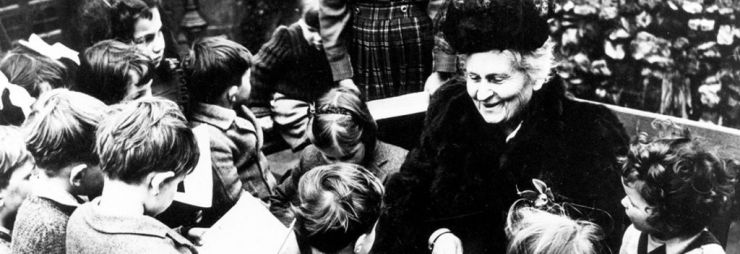


The mission of Sterling Montessori is to create a diverse educational community, grounded in the Montessori philosophy and teaching practices, that fosters curiosity, creativity, and critical thinking in its students. We strive to empower each student to become life-long learners who respect themselves, others and their environment.
“Education is a natural process carried out by the Human individual, and is acquired
not by listening to words, but by Experiences.” - Dr. Maria Montessori
A Unique Approach to Learning
The Montessori pedagogy is based upon the research of Italian physician and child development clinician, Dr. Maria Montessori. The philosophy is founded upon the concept that developing the whole child, socially, emotionally and intellectually, is the primary factor for academic success. A child’s achievements at Sterling are not solely dependent on teaching to state standards or preparing for end-of-grade tests. Although, Sterling consistently exceeds those measures and is highly ranked in state-wide assessments, the true realization of success at Sterling originates from its strong commitment to Montessori principles.

A century after its beginnings, research continues to validate the effectiveness of the Montessori method. An untrained eye might observe activity in a Montessori classroom to be only play, but it is play with purpose, enabling the work of learning to occur. A classroom at Sterling organizes children into three-year age groups (3-6, 6-9, 9-12 and 12-14), following the 3-year planes of development described by Maria Montessori. This grouping allows children to form communities in which the older children spontaneously share their knowledge with the younger children. Students begin their day with an activity they choose and an extended work cycle to focus and learn through that activity. The goal of executive function develops when children are given uninterrupted work time while a student’s choice encourages motivation, all with materials that guide learning toward specific outcomes.